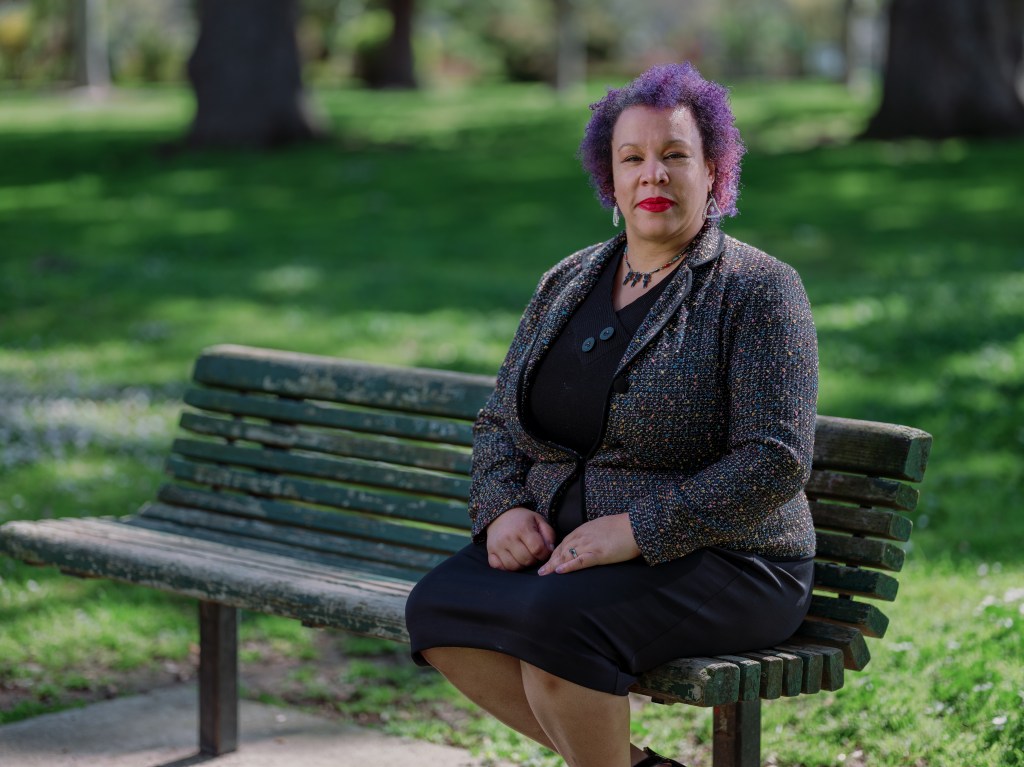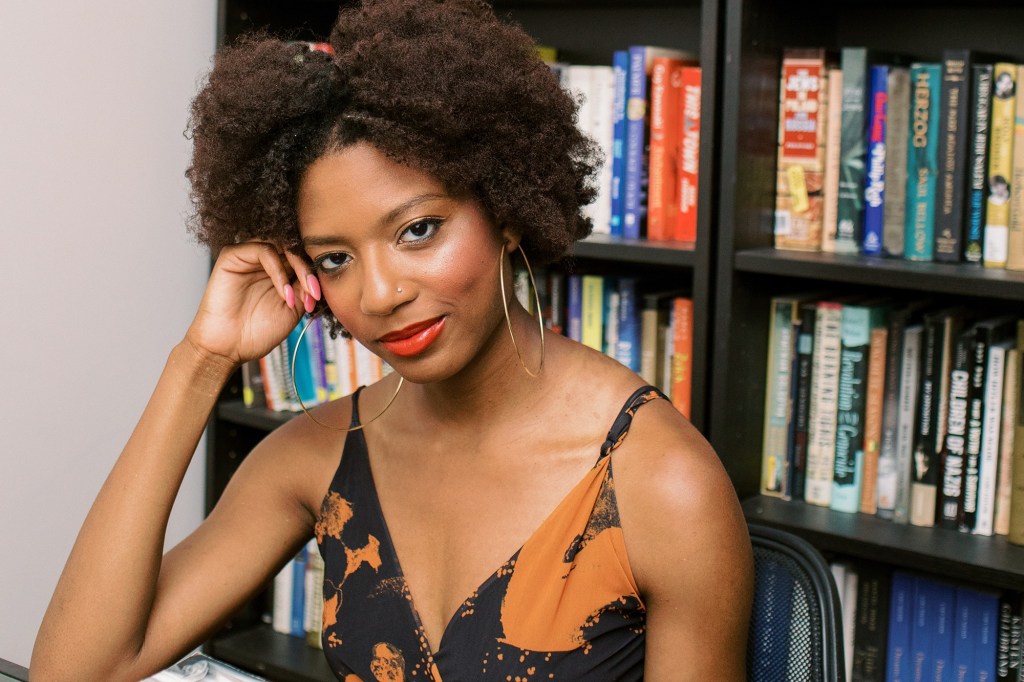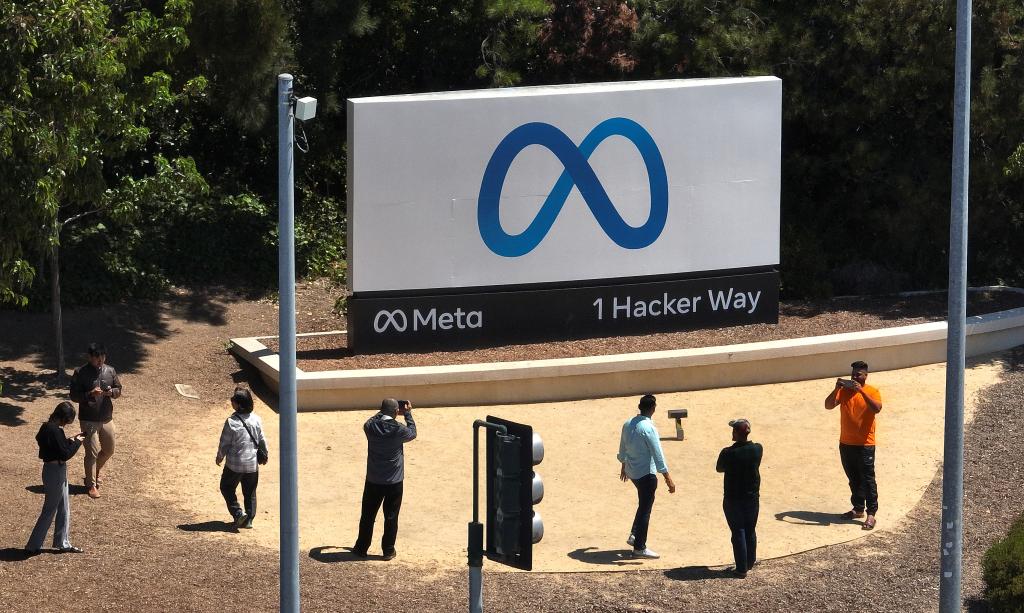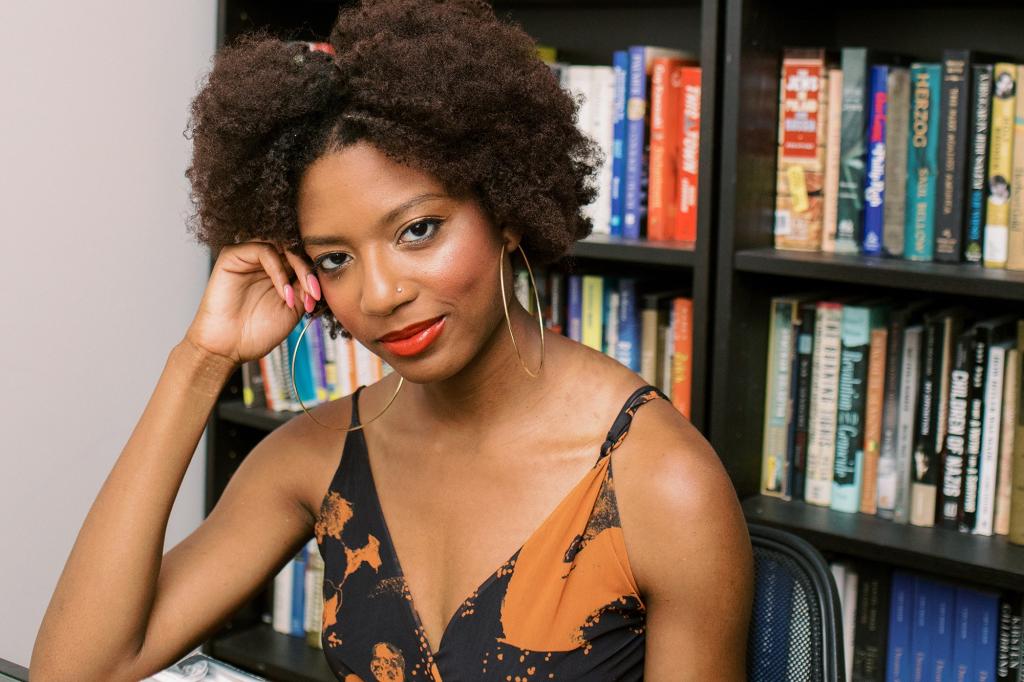DEI is finally dying in the US — and response to Oct. 7 Hamas attacks highlighted its hypocrisy
DEI is dying — and chaos following October 7th might be the final blow.
After exploding by a factor of 300 in 2020, mentions of DEI in quarterly earnings calls have tumbled this year to just a quarter of its peak three years ago, according to an Axios report.
Meanwhile, major companies like Zoom and Tesla have slashed DEI staff brought in to foster workplace diversity and provide employee inclusion training.
Experts attribute the decline to a cooling moral panic since the racial unrest of the summer of 2020, as well as the realization that DEI can foment toxicity — especially in the wake of the Oct. 7, 2023, Hamas attacks on Israel.
“Everyone is starting to see the harmful effect, especially of the critical social justice form of DEI,” Dr. Tabia Lee, a former college DEI director, told The Post. “They’re starting to see the roots of it — that these DEI professionals have zero respect for individualism, zero respect for viewpoint diversity.”
Following the death of George Floyd in 2020, many major companies professed a commitment to promote diversity and racial justice, adding diversity, equity and inclusion positions to their employee roster.
Between September 2019 and September 2020, DEI positions jumped by 56.3%, and companies shelled out thousands to have diversity experts like Robin DiAngelo and Ibram X. Kendi speak to their staffs.
But in the years since, the movement has fizzled out. In fact, the number of DEI roles in America shrunk by 8% in the first two months of this year alone.
Companies like Meta, Lyft, Home Depot and Wayfair have all slashed their DEI teams by 50% or more. Under Elon Musk’s leadership, X’s DEI team shrunk from 30 employees to just two.
Meanwhile, Pershing Square CEO Bill Ackman launched a public attack earlier this year on DEI, dubbing it “inherently a racist and illegal movement.”
Despite formerly working in DEI herself, Lee says the industry is rightfully shrinking — especially due to its glaring blindspot to antisemitism.
She was squeezed out of her job as faculty director for the Office of Equity, Social Justice and Education at DeAnza College last year after, she says, enduring “non-stop hostility” for promoting the “wrong” kind of inclusion.
Among her supposed transgressions was promoting an event to fight campus antisemitism — which she says many in the DEI community saw as an unworthy fight since, according to one of her colleagues, Jewish people are “white oppressors.”
She says that attitude allowed many to turn a blind eye to antisemitism post-October 7: “DEI requires us to put each other into these rigid race and gender identity boxes and to have a rigid framework of victims and oppressors.”
A federal lawsuit filed on behalf of Jewish students at Harvard University concurs.
It alleges the school is “deliberately indifferent” to campus antisemitism — and that DEI administrators selectively failed to protect Jewish students from discrimination.
“Harvard’s permissive posture towards antisemitism is the opposite of its aggressive enforcement of the same anti-bullying and anti-discrimination policies to protect other minorities,” the suit reads. “Jews are fair game.”
Diversity and inclusion expert Chloe Valdary agrees that divisive DEI ideology played a role in creating a situation in which antisemitism was ignored.
“Traditional DEI perceives black and white people as symbols or political abstractions, not as actual human beings,” she told The Post. “Hence, when something like October 7 occurs, I can belittle and dismiss the attacks as ‘attacks on privileged white people’ and I can perceive Hamas, since they are Arab, as oppressed.”
“October 7 has activated the human species’s tendency to go into an us-vs-them mindset — a mindset which traditional DEI has. unfortunately. fostered and nurtured,” she continued.
Valdary founded the Theory of Enchantment, a pro-human, non-divisive diversity training she says is desperately needed as an alternative to DEI in its current form.
She says that the diversity industry needs to fundamentally rethink the way they operate — but she doesn’t believe it is going away.
“There will always be a need for DEI because of the deeper problem DEI is actually trying to solve which is a people problem and it is also a deeply American problem: How do you create a society where people of all backgrounds feel like they belong, and like they can thrive?
“It turns out that question is relevant in business,” she said. “But I predict DEI will be rebranded as it is too laden a word now.”
Lee, on the other hand, is less optimistic, and believes the DEI retraction will continue.
“I think what we’re realizing, especially in the past couple months,” she said, “is that DEI in its current form, honestly, is not salvageable.”




















